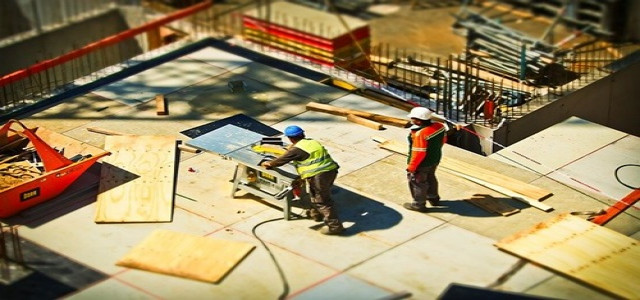
The Western Cape High Court in South Africa has reportedly suspended the construction of a new business park in Cape Town, that would have housed Amazon’s African headquarters, after a challenge by the First Nations Indigenous groups.
The Indigenous groups, whose ancestors have been acknowledged as the first inhabitants of the country, argued that the development would spoil an area sacred to them. The groups have been working to permanently halt the $300 million project, called River Club, for years.
The development would be built near Cape Town’s major tourist attraction, the Table Mountain, with offices, housing, and shopping malls to be put up across more than 37 acres of land where Amazon would be the major tenant, as per city officials and developers.
The area which the First Nations groups claim to be the site of their ancestors’ early resistance against colonizers from Europe in the 16th century, also holds spiritual significance for the group because of the meeting point of river Black and Liesbeek, and includes a wetlands area as well.
The ruling made last week by the court has halted construction until aproper consultation is taken with the Indigenous groups, and the group will now push for the entire project to be suspended.
Tauriq Jenkins, spokesman for the Goringhaicona Khoi Khoin Traditional Indigenous Council, stated that a review will be launched of the whole development, also investigating how it was able to proceed against the environmental laws set by the municipality of Cape Town.
Jenkins stated that the area was also where colonizers first forced South African indigenous people off their land and that more assaults against them should not be allowed by laying concrete over the site.
The area was previously designated as an important heritage site and protected from development. However, that conservation law was overridden by city officials.
City officials argued in court that the development, planned since 2016, would improve the area’s biodiversity and create more than 5,200 jobs, and 19,000 more on completion. However, deputy judge president Patricia Goliath was not convinced and recognized the area’s significance to the Indigenous people while making the ruling.
Source credit: https://www.independent.co.uk/news/amazon-ap-johannesburg-south-africa-construction-b2041556.html